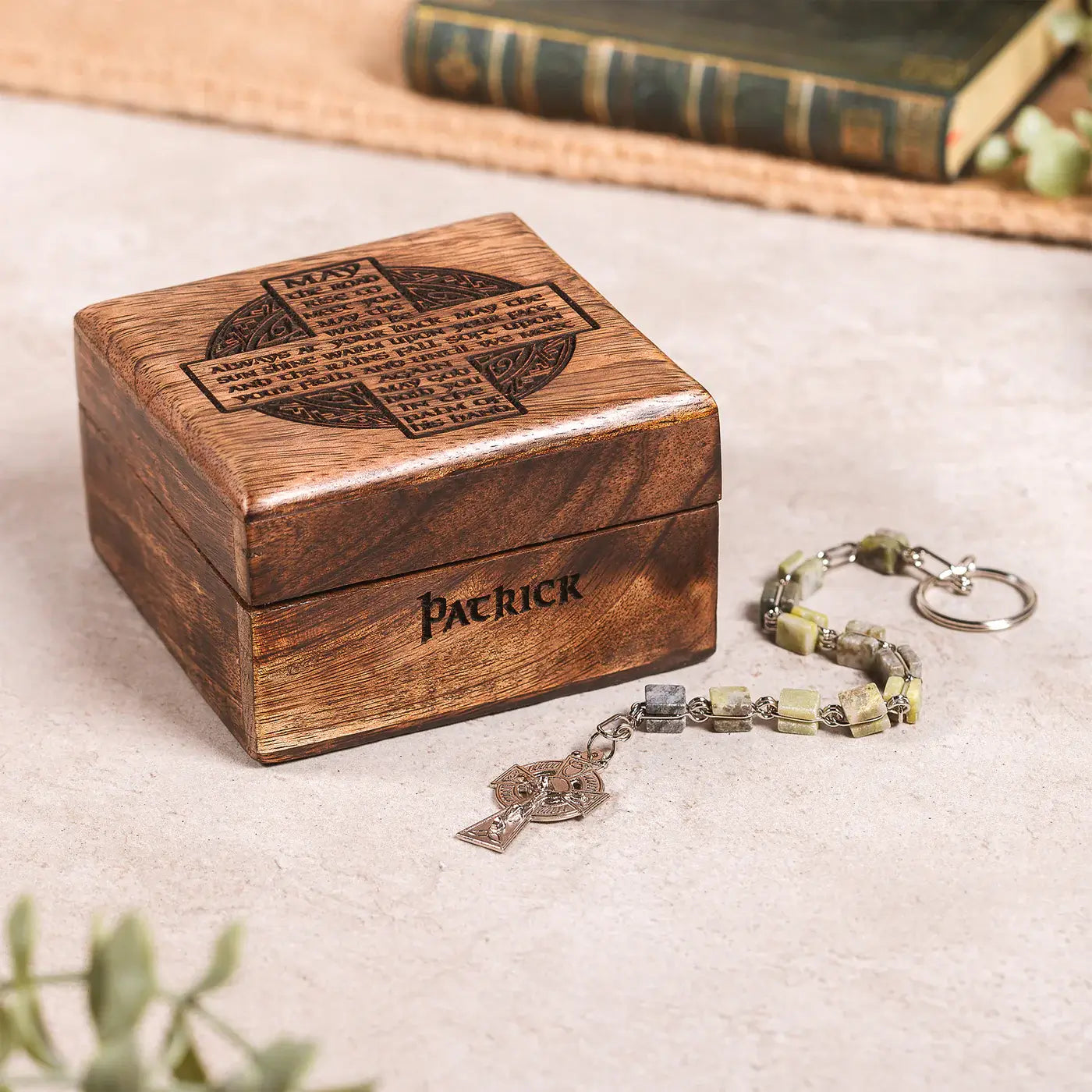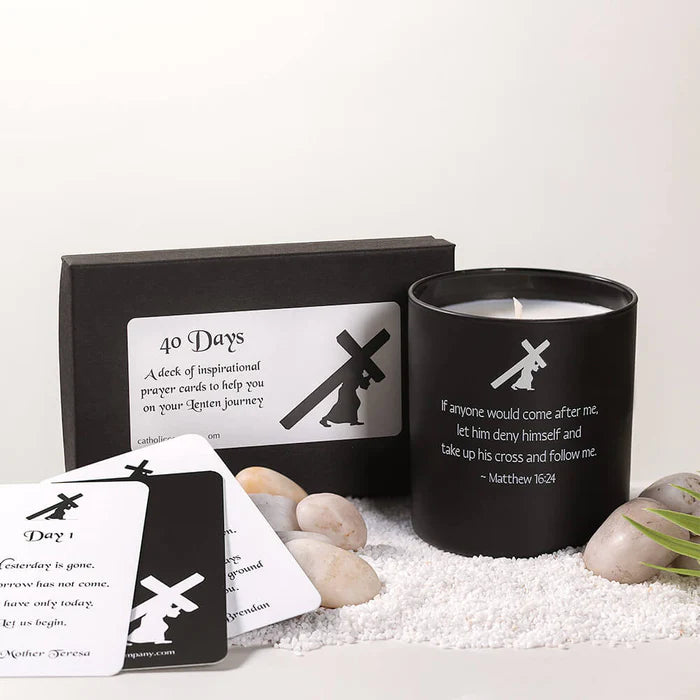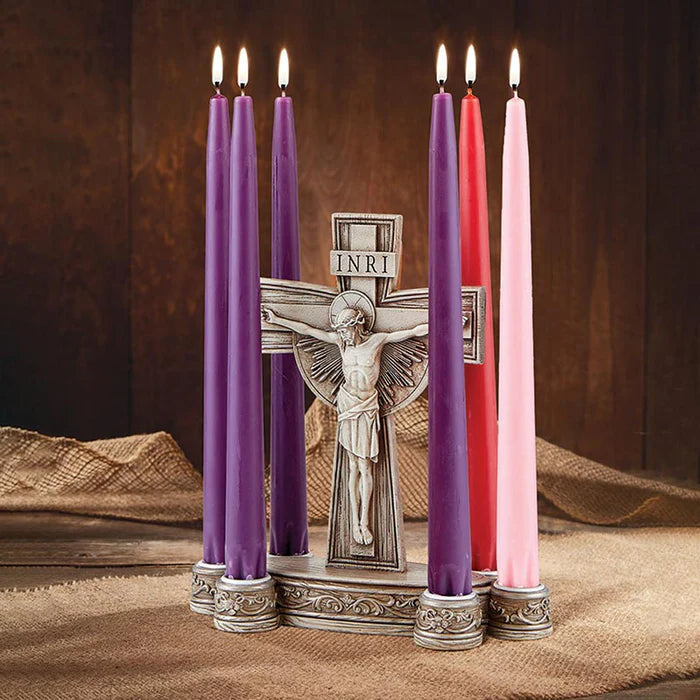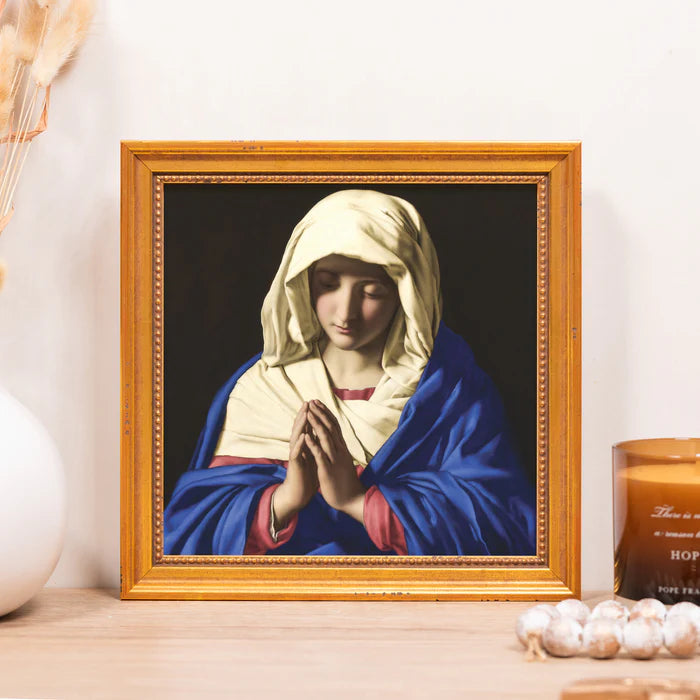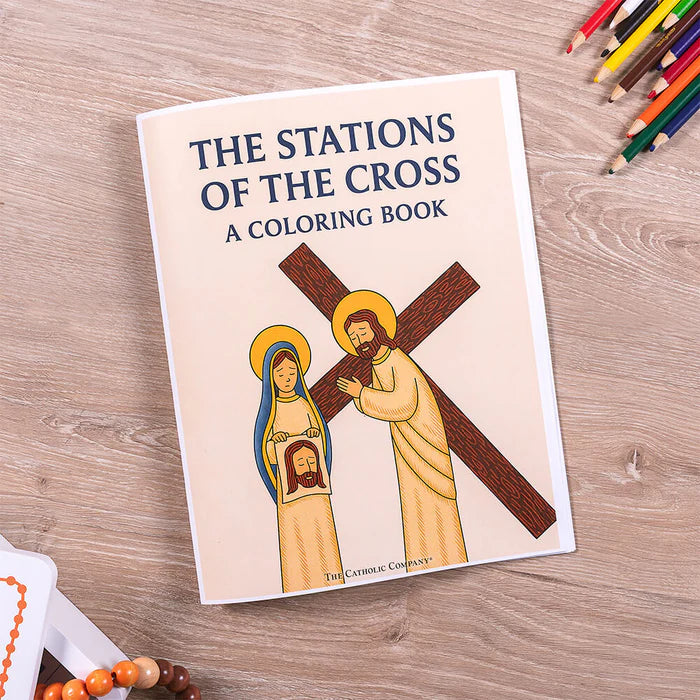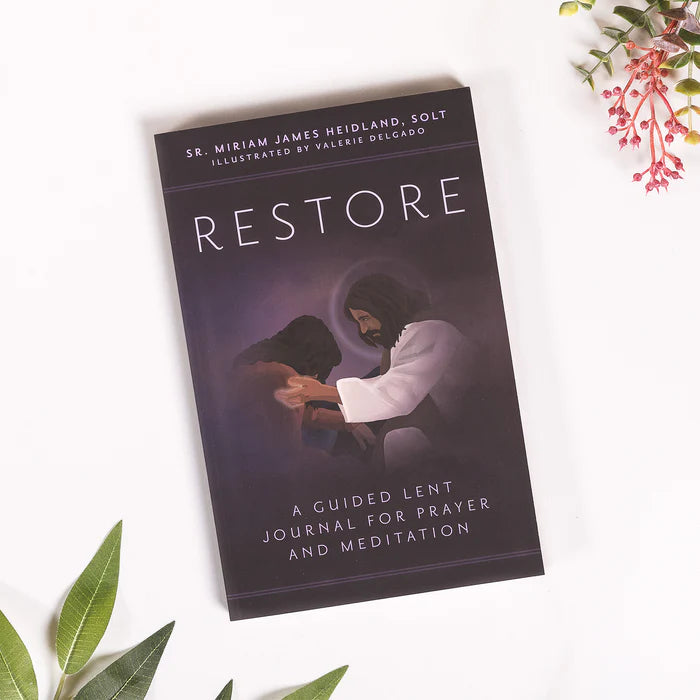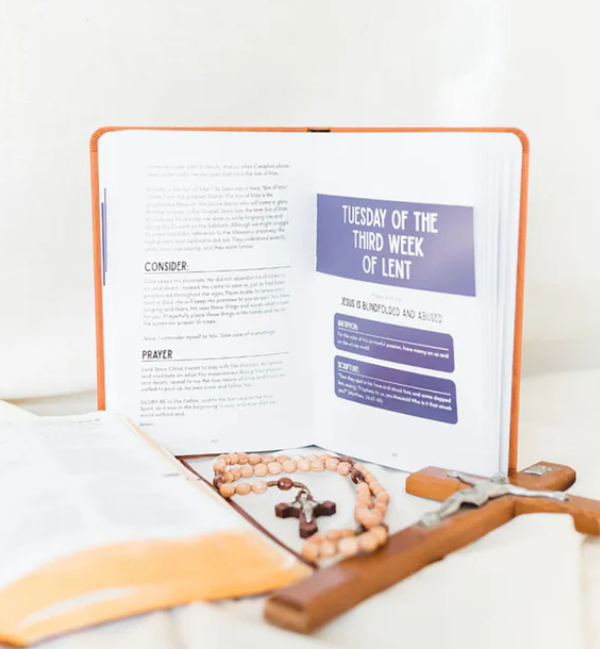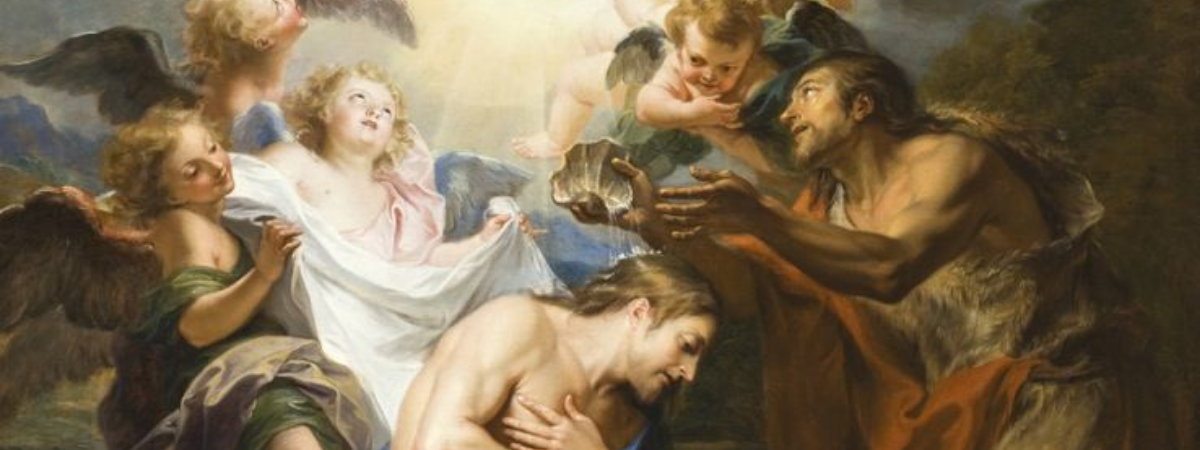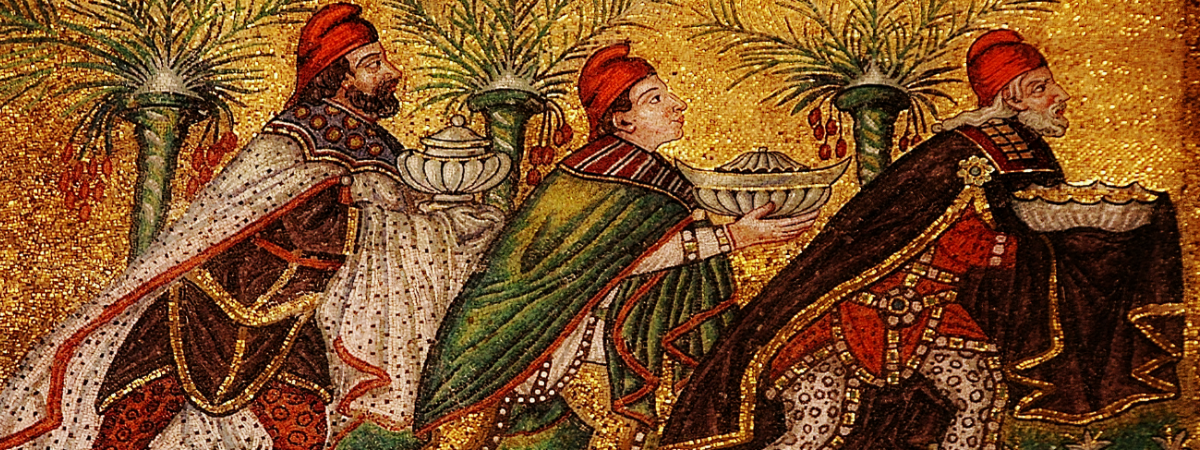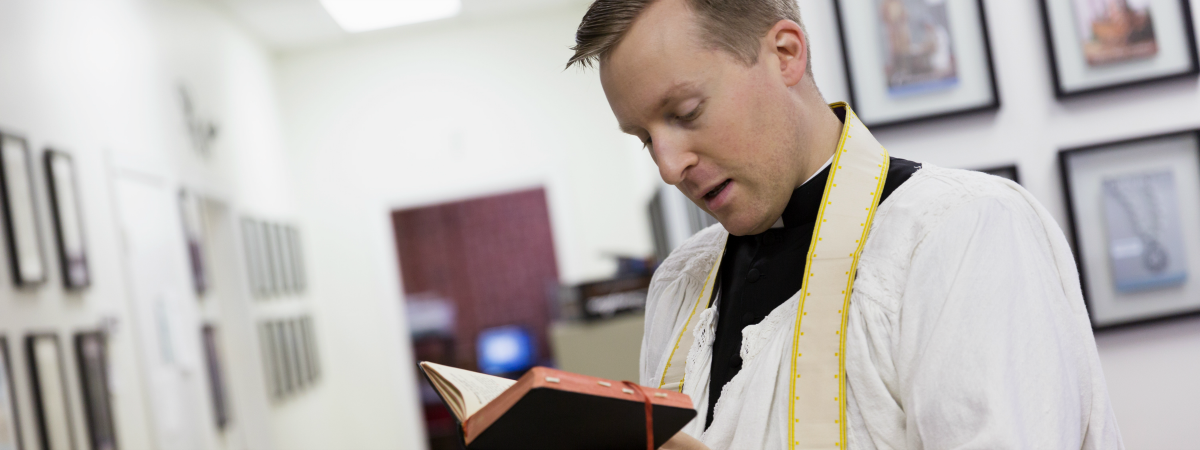The Feast of Jesus' Baptism is usually celebrated on the Sunday after Epiphany, the eighth day in the octave of Epiphany, and marks the final day of the Christmas season. On this feast day we celebrate this epiphany or manifestation of Our Lord, as well as the Sacrament of Baptism itself and the divine power it gives us. In fact, this feast day is a traditional occasion for many baby baptisms in the Catholic Church.
When we stop to consider the Sacrament of Baptism and what is actually being accomplished through it, we can see what an amazing gift it truly is! God is more extravagant in re-creating us through baptism than he was in initially creating us.
THE EXTRAVAGANT GIFT OF BAPTISM
God created humans to be sinless corporeal beings, filled with his own divine life and in intimate communal relationship with Himself. When Adam and Eve marred this communion through disobedience, thereby plunging humanity into spiritual death and giving them a sinful nature to inherit in perpetuity, there was nothing that humans could ever do to restore this back to the way it was.
When Adam and Eve fell from grace, only God could intervene to "undo" or "fix" our corrupted nature. And the way he did this was quite extravagant, even more extravagant than what was first done in the Garden of Eden!
[[personalized-baptism-wood-cross, 13088]]
God's accomplishment of our redemption was as extravagant as it could be through the Incarnation of Jesus Christ, the Second Person of the Holy Trinity, and the Atonement he offered on the Cross on our behalf. Jesus took to himself another mode of being—remaining fully God yet also becoming fully many—and literally came down from heaven to save us.
The Incarnation is the perfect joining of two different orders of existence, infinite being with finite being, creator with created, Divine nature with human nature. Jesus was God, living and walking among us specifically for the purpose of accomplishing salvation for us to bring us back to the Father.
This is pretty much like the old adage, "moving heaven and earth", or rather, "fusing heaven and earth" in the hypostatic union. And it was love that moved him!
But Jesus was not only born for us, and not only died for us, but he actually lived for us. That is, for 33 years he showed us how to live a life in self-giving, loving obedience to the Father, and left us with sacraments that he instituted to serve as channels of divine grace along our way of salvation. The very first of these and the key to all the rest is the Sacrament of Baptism.
Jesus' baptism marked the beginning of his public ministry. It is foreshadowed in the Old Testament by Israel passing through the waters of the Red Sea on their way to enter the Promised Land. Thus baptism is the gateway, the initiation into the Church and God's heavenly kingdom. Jesus was baptized himself first, thus initiating the sacrament and sanctifying the waters (the material substance through which grace or power of the Sacrament would be given to all of us). With Jesus' baptism he left behind for us a sign, so that by us imitating his baptism we will receive his own divine life.
[[cream-praying-lamb, holy-family-girl-baptism-rosary]]
Baptism is a renewal, a regeneration, a rebirth. At baptism the original sinful nature we inherited drowns or dies, or is buried, and we are recreated through the sanctifying waters and given a new "robe of incorruption". It is a foretaste of our own resurrection at the end of time. Through the Sacrament of Baptism we again become sons and daughters of God, free of our inherited sin nature, and raised to the dignity of angels . . . a new creation.
Through baptism we become participators in the inner life of the Holy Trinity. At baptism God becomes to the soul what the soul is to the body. What an extravagant gift!

This article has been updated and was originally published in January 2013. © The Catholic Company. All rights reserved.



